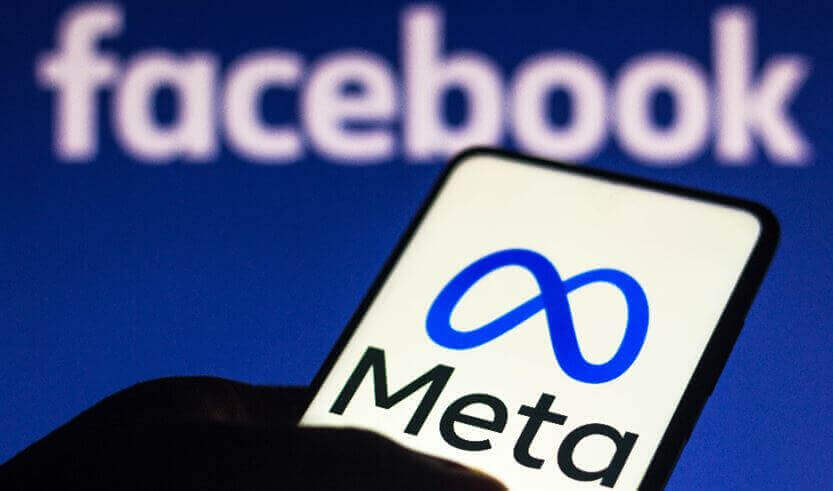What Is Personalization Marketing
Source
https://www.sitecore.com/knowledge-center/digital-
16 May 2023
What Is Personalization Marketing
It is no longer optional to provide contextual customer experiences in today's fiercely competitive marketplace, as it has become an expectation. Learn about how personalization fosters engagement and establishes connections.
What personalization means today
Do you recall when merely seeing your name in an email subject line was a groundbreaking advancement in digital marketing? Nowadays, personalization entails a more comprehensive and strategic approach to keep customers engaged, and it is crucial for staying competitive in a crowded and increasingly sophisticated marketplace.
Presently, consumers are drawn to brands that appear to listen to them, comprehend their needs, and pay attention to their specific desires. Personalization is the solution. It enables brands to contextualize the messages, offers, and experiences they provide based on each visitor's unique profile.
Think of it as an evolution from marketing communications to digital conversations that start with data. Gathering, analyzing, and effectively using information about consumer demographics, interests, and behaviors will aid in creating campaigns, content, and experiences that resonate with your target audience.
Why does personalization matter?
Your customers expect it
Understanding the significance of personalization is straightforward when considering your own experience as a consumer. Do you appreciate receiving personalized offers and recommendations while on a brand's website? What about content that is pertinent to you or linked to a product or service you have recently bought? Perhaps, like most consumers, you have come to expect it as an essential aspect of your online experience.
The digital age has increased consumer expectations for relevant, contextual, and convenient experiences to an unprecedented degree. Simply put, consumers have grown accustomed to receiving what they desire, and they are drawn to brands that recognize them as individuals throughout their journey.
Marketers bear the responsibility of meeting these expectations by employing intelligent personalization tactics if they want to keep consumers engaged and returning for more.
Personalization is good for business
If you've ever made an impulse purchase (such as buying 2-for-1 candy at the checkout), you understand that not all buying decisions are rational, and our emotions also influence them significantly.
Emotions are unique to each individual. Savvy brands are utilizing contextual marketing to establish relevance, build loyalty, and ultimately increase their revenue by tapping into this personal connection.
Consumers are more likely to buy from brands that recognize their name and purchase history, then offer personalized communications in return. To accomplish this (which is highly recommended), you must have an efficient way to utilize consumer data to provide content and experiences that are timely, in-context, and personalized across all channels.
Where (and how) to start personalizing websites
Get up close and personal with your data
Personalization refers to using audience and data analytics to cater to the specific requirements of a consumer. Begin by utilizing your data to identify each customer's details, their current intentions, and their previous engagements with your brand, including when, where, and how they interacted.
Data is crucial in understanding your customers well enough to begin addressing their needs and even predicting what they might want at a specific touchpoint in the future.
Keep it useful, not creepy
Customer expectations are crucial, as individuals today are aware of their desires and expect prompt delivery of the same, regardless of their location. To meet these high standards, brands must provide hyper-personalized, carefully curated communications, offers, and experiences, without coming across as excessively intrusive.
There are ways to demonstrate to your audience that you have listened to their requirements and comprehend their preferences without violating their privacy. For example, if your data indicates that a specific customer prefers gluten-free products, you can utilize this insight to personalize your website content by suggesting a recipe for a gluten-free pasta dish.
When it comes to intruding into a consumer's private space, more isn't always better. It's crucial to listen intently to what your customers are saying and then utilize appropriate tactics to provide them with customized experiences.
Related Articles

18 November 2022
New tools have just been released by Meta to assist creators in expanding their communities, finding new audiences, and making money from their content.

10 September 2024
Lebanese designers Elie Saab and Rami Kadi are embracing the metaverse, redefining fashion shows through immersive digital experiences. By blending haute couture with Web3.0 technology, they create interactive, globally accessible events that push the boundaries of fashion and innovation.